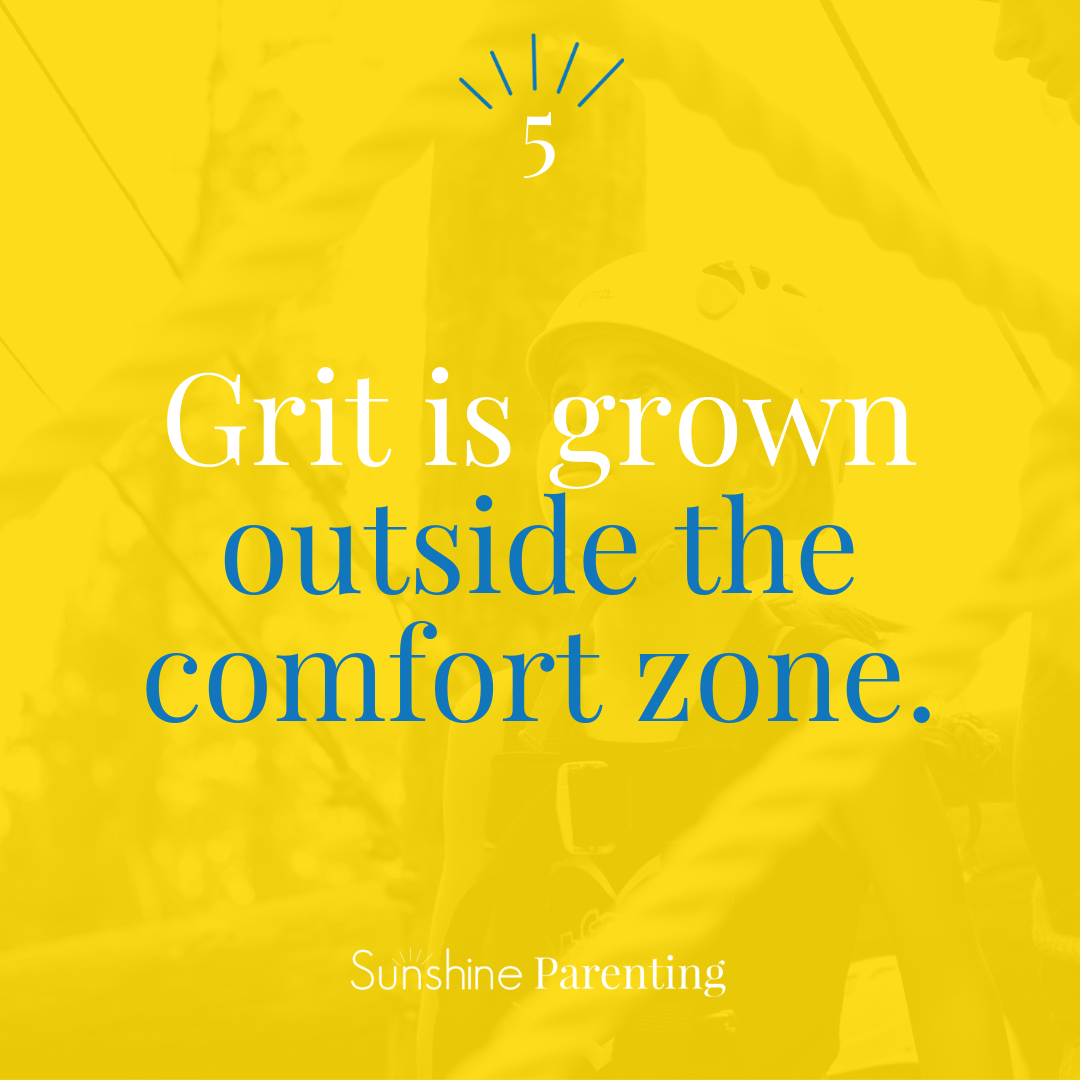Choose Kindness
We cannot tell the precise moment when a friendship is formed. As in filling a vessel drop by drop, there is at last a drop which makes it run over; so in a series of kindnesses there is at last one which makes the heart run over.
Dr. Samuel Johnson (1709-1784)
Summer, 2022 Theme: Choose Kindness
We selected Choose Kindness as our 2022 Summer Theme because growing our campers’ “kindness muscles” aligns with our mission of equipping campers to thrive despite life’s challenges. Focusing on kindness also helps us meet our goals of building our campers’ friendship skills (Make Friends) and growing their positive character traits (Grow). Learn more about our vision, mission, and goals on our Why GAC? page.
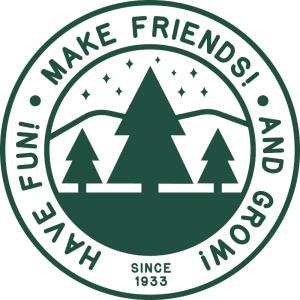 Our kids are growing up in a challenging and divisive time. They are, unfortunately, witnessing a lot of disrespectful and mean behavior. In my book, I wrote about the importance of modeling and growing the trait of kindness in our kids. Here’s an excerpt from the kindness chapter:
Our kids are growing up in a challenging and divisive time. They are, unfortunately, witnessing a lot of disrespectful and mean behavior. In my book, I wrote about the importance of modeling and growing the trait of kindness in our kids. Here’s an excerpt from the kindness chapter:
The example and messages kids get from the media (and their school hallways) often do not promote kindness. Many kids learn that the quickest route to popularity is putting others down or leaving other kids out. In the perceived zero-sum social worlds of middle and high school, one person being put down means you get on a higher rung of the social ladder. Social media posts, political discourse, and cultural norms often promote name-calling and being mean, gossiping, and telling jokes at the expense of others. That’s what our kids are seeing and hearing every day, and that’s also why many kids start to consider it cool to perpetrate mean behaviors. It’s no wonder that while adults are sending hateful messages through tweets, our kids are practicing a similar level of meanness on their own media. Why are adults so shocked to hear about horrendous stories of cyber and in-person bullying when we as adults are modeling that very same behavior? But there is hope for our world, because kids intuitively understand the benefits of kindness and can be taught to be kinder when we take the time to model, talk about, and practice kindness with them.
Camp Secret #8: Make it Cool to Be Kind (Happy Campers: 9 Summer Camp Secrets for Raising Kids Who Become Thriving Adults)
This summer at GAC, we’re putting the spotlight on what it looks and feels like to choose kindness in our interactions with and response to others.
We’ll be growing our campers’ kindness muscles by:
- Talking about and practicing kindness habits like building each other up with positive words (WOWs!) and doing random “GACs of Kindness.”
- Practicing conflict resolution skills and learning how to respond (not react) with kindness and clear boundaries when others upset us with their behaviors or words.
- Focusing on how being kind helps us make friends and form friendships that are stronger and longer lasting.
- Doing projects and activities that involve giving to others.
- Reflecting on how it makes us feel to choose kindness and practice being kind to others. (Spoiler alert: We feel happier when we’re being kind!)
From the moment campers arrive, counselors will be modeling for and encouraging them to incorporate kindness into their daily words, actions, and routines. “GACs of Kindness” will be recognized and praised by counselors, announced at our daily Morning Assemblies, posted on our WOW board, and talked about throughout the session.
Helping others makes people happy. It feels good to share, to give, and to be kind to others. Sometimes in secret, and sometimes in front of others, we’ll be doing kind things for our fellow campers, counselors, support staff, and those outside our camp community this summer.
One of the great things about Gold Arrow Camp is that so many people feel happy when they’re here. We’re committed to equipping our campers with habits and skills that they can practice long after their session at camp.
This summer, we’re focusing on how – regardless of our circumstances and others’ behavior – we can always choose kindness.
Kindness Links/Resources
2022 Gold Arrow Camp Kindness Calendars
Grit is Grown Outside the Comfort Zone
Listen to Sunshine Parenting Ep. 85: Grit is Grown Outside the Comfort Zone:
Episode 85 of the Sunshine Parenting Podcast, was recorded live at Pegasus School in Huntington Beach as part of their PEGtalks Parent Education Series. I’m with my frequent guest, Sara Kuljis, the owner and director of Yosemite Sierra Summer Camp and Emerald Cove Day Camp. We talk about my book, Happy Campers and discuss Camp Secret #5, Grit Is Grown Outside the Comfort Zone.
Read more in 5 Ways Camp Grows Grit.
BIG IDEAS
- Kids tend to be more courageous and try more things when their parents are not around.
- It’s important for parents to learn how to help their kids to become resilient human beings and take risks even when they’re near us.
- It’s really important for kids to grow their grit-muscle.
- Parents need to fight the tendency to overprotect their kids because too much protection makes kids fragile.
- When parents jump in to rescue their kids it doesn’t usually work out too well.
- Kids need to see their parents as real, authentic people. This reassures them.
QUOTES
Sara: “This book is just packed full with so many awesome parenting tools drawn from the camp environment.”
Audrey: “I found myself talking to camp parents a lot more about things that were going on with their kids at home, about things that we do at camp that they could try to make their kids feel better and happier at home.”
Audrey: “I also found that a lot of the training we did with our counselors, about just basic positive behavior management techniques, friendship skills, was really applicable to parents.”
Audrey: “We believe in summer camp for kids, but even more so, I believe in the great experience it is for camp counselors. The experiences of having to lead a group, manage kids, learn how to speak and lead positively, learn how to manage conflicts, clean up throw up–these are skills that are really beneficial when you do become a parent at some point later in life.”
Audrey: “Kids tend to be more courageous and try more new things when parents aren’t sitting right there. We are really fortunate to see a ton of growth in this area at camp because we get to have these kids in this environment where they are suddenly feeling like, ‘OK maybe I can try this’.”
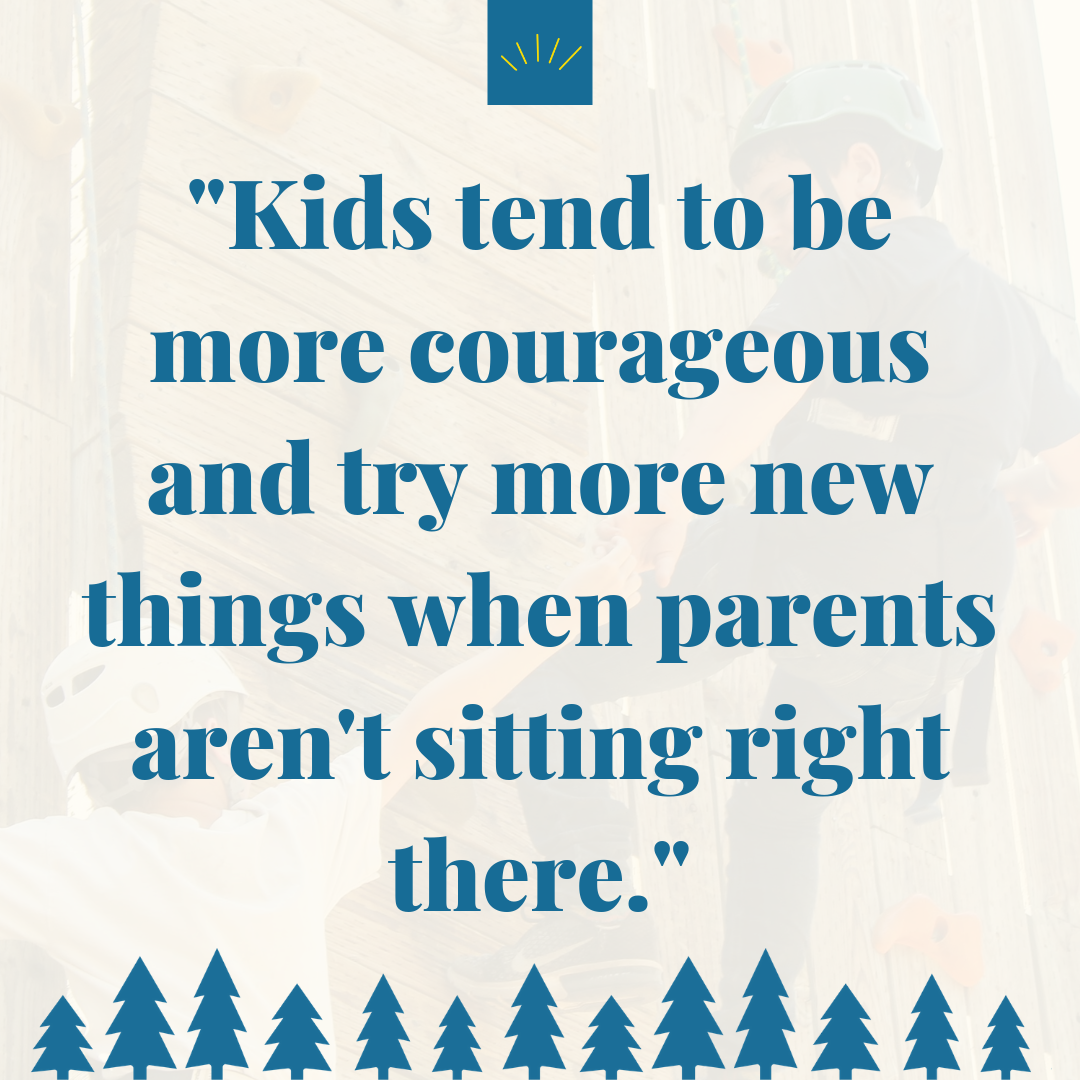
Audrey: “We must learn how to help them become resilient human beings, even when they’re near us. We’re seeing a lot of the results of kids who aren’t growing that kind of resilience. It comes out when they’re teenagers or young adults as serious mental health issues because they don’t feel that they have the capacity to bounce back from the normal setbacks and problems of life.”
Sara: “Think of grit as a muscle. You don’t start lifting 400 lbs at the gym; you start small. Little by little, you bump up that weight on the bench press. It’s fun to think of ways that even our little humans can start to grow their grit muscles. When, in time, you’re sending that big human off to college, hopefully, they have grown some good muscle. That freshmen year isn’t so overwhelming because they have practiced folding their clothes and doing their laundry. They have gone to talk to their teacher and can advocate for themselves. They have had to suffer through a disappointing grade. They can make new friends and say ‘I’m sorry’ to a friend. All those little grit-muscle growth opportunities are essential.”
Audrey: “I first heard the term ‘grit’ in Paul Tough’s How Children Succeed. In their research, the trait that they found that was most predictive of successfully completing college was grit or resilience. It’s a really important trait in all areas of life.”
Audrey: “As a parent, it’s our natural inclination to want to protect (our children) their whole life. If we keep protecting them too long and too much, we end up making them fragile. You have to be blown around and have some hardships to get strong. If you keep your child too protected from any kind of physical, emotional, or social pain for too long they can be blown over by little things.”
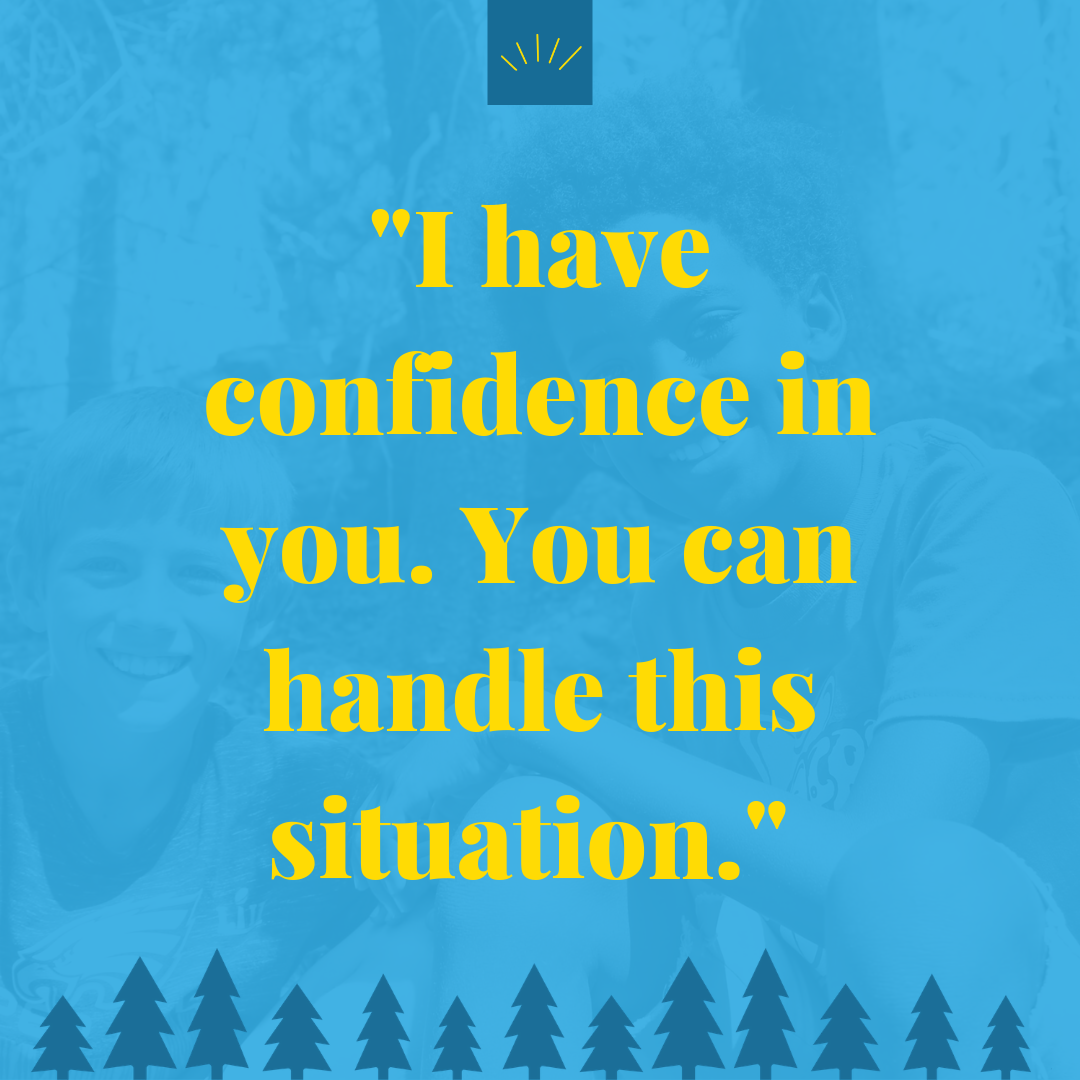
Audrey: “Think about what you used to do at different ages. That should really give you the confidence to know that your kids can probably be doing more than what you think they can right now.”
Sara: “When your kids are small you’re a caretaker. But then you transition into being their coach. And ultimately, you transition into being their consultant.”
Audrey: “It’s very tempting when something goes wrong to want to fight our kids’ battles. Instead, turn it around so they’re not a victim. Explain that it’s not all about them but it’s the other person’s bad behavior. Tell your kids, ‘I know you can handle this’ because–as we all know–when mom or dad does step in or talks to the teacher, it doesn’t usually work out very well.”
Audrey: “It’s never as clear as it looks. We all have our moments and all of our kids have the capacity when their feelings are hurt, or when they feel left out, to say something or do something that’s not kind.”
Audrey: “We can do so much for our kids, and build their social resilience and grit, by letting them know that it is normal to have people do rude things. It happens every day in life. If your kids are really young, you can empower them and give them the confidence that they have strategies to deal with it. That’s the kind of resilience you want your kids to have.”
Sara: “We often ask, ‘What do you think is the other side of the story?’ Just building that bit of empathy for the other side is so helpful. When we don’t crumble when our kids go through hard things and when we don’t panic and rush to rescue them, it teaches our kids that they can handle it too. They see us modeling our confidence and peace, trust in each other and in good decisions. Borrowing courage until you have your own is a pretty groovy tool to have. Sometimes as parents we have to reach out to friends and peers and borrow courage, as well. We are all human and need to help each other raise our kids.”
Audrey: “Remember stories from childhood and share them with your kids, especially the struggles you experienced. They need to see us as authentic, real people who had these same kinds of things happen to us because it’s really reassuring to them.”
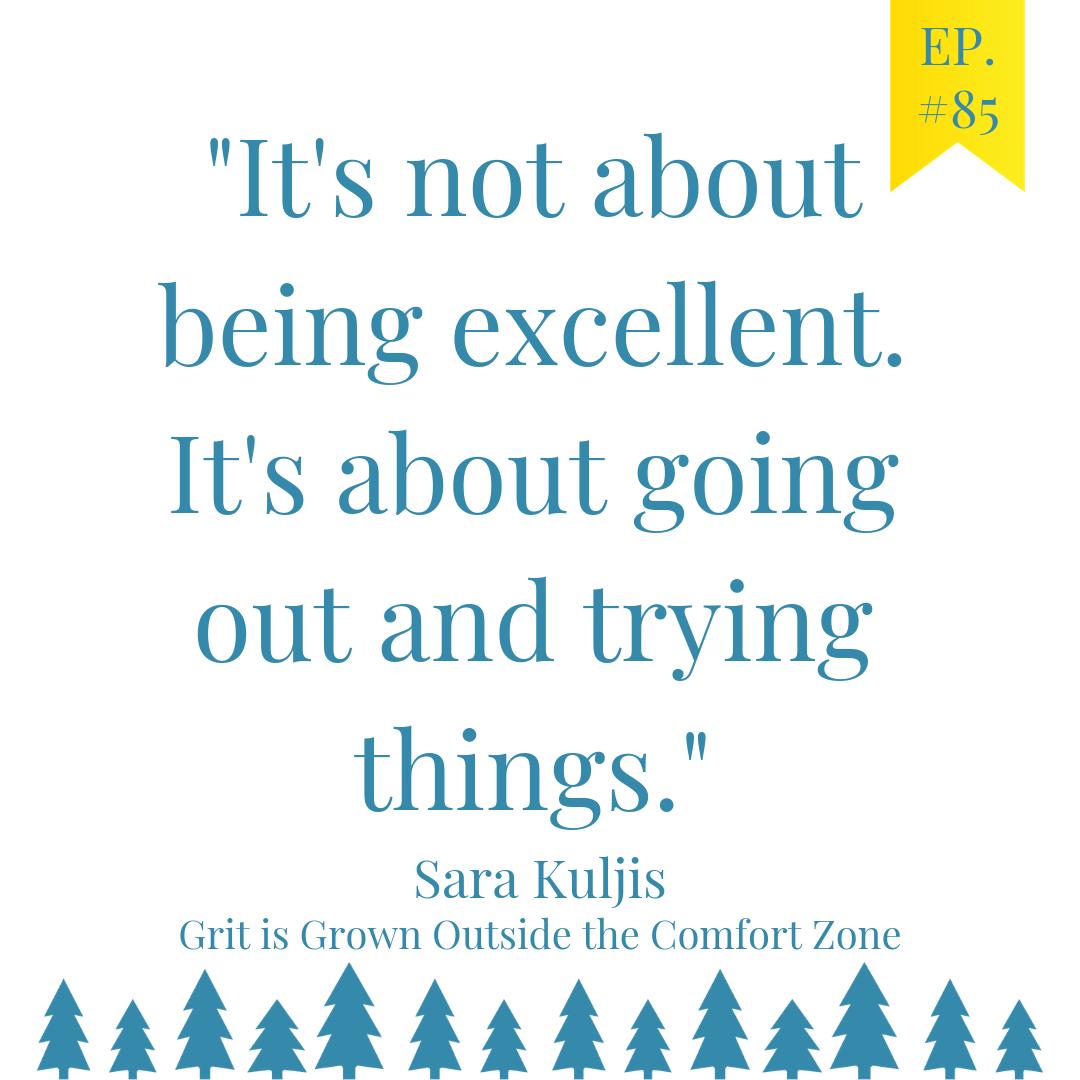
Audrey: “You grow grit from trying new things. There’s this model to teaching: first you do it for them, then, second, you do it with them. Then, you’re watching them and helping them do it, and then, finally, they’re doing it independently. You can think about that with anything from driving, to social stuff, to new sports that you’re teaching, riding a bike. That is how you help them to learn new things with your support.”
Audrey: “At camp we have to make everything fun, even putting sunscreen on. We’ve mastered the art of making mundane things fun. When you make mundane things fun at home, that just creates a really fun culture.”
Audrey: “Setting goals is a great grit-building idea. It’s something you can do as a family. You can all set a goal of something you want to try. Model for your child that you’re setting a goal and working towards it. My kids have learned much more from watching me do things than from me telling them to do something.”
Audrey: “I like the idea of a courage box where each person tries something they’re afraid of, or something new–it can be anything–but each person sets a goal to overcome that fear, of pushing their comfort zone. The idea is celebrating courage with your kids.”
Sara: “Take the heat out of having to be an expert the first time you try something. We don’t try a new sport to be on varsity or to be the best. Sometimes we try it because it’s fun, or we’re curious or just to try something new. We need to take away the pressure to excel that is so prevalent in our culture. It keeps kids from trying things. It is not about being excellent; It’s about going out and trying.”
Audrey: “Leadership, parenting, it’s all the same.”

